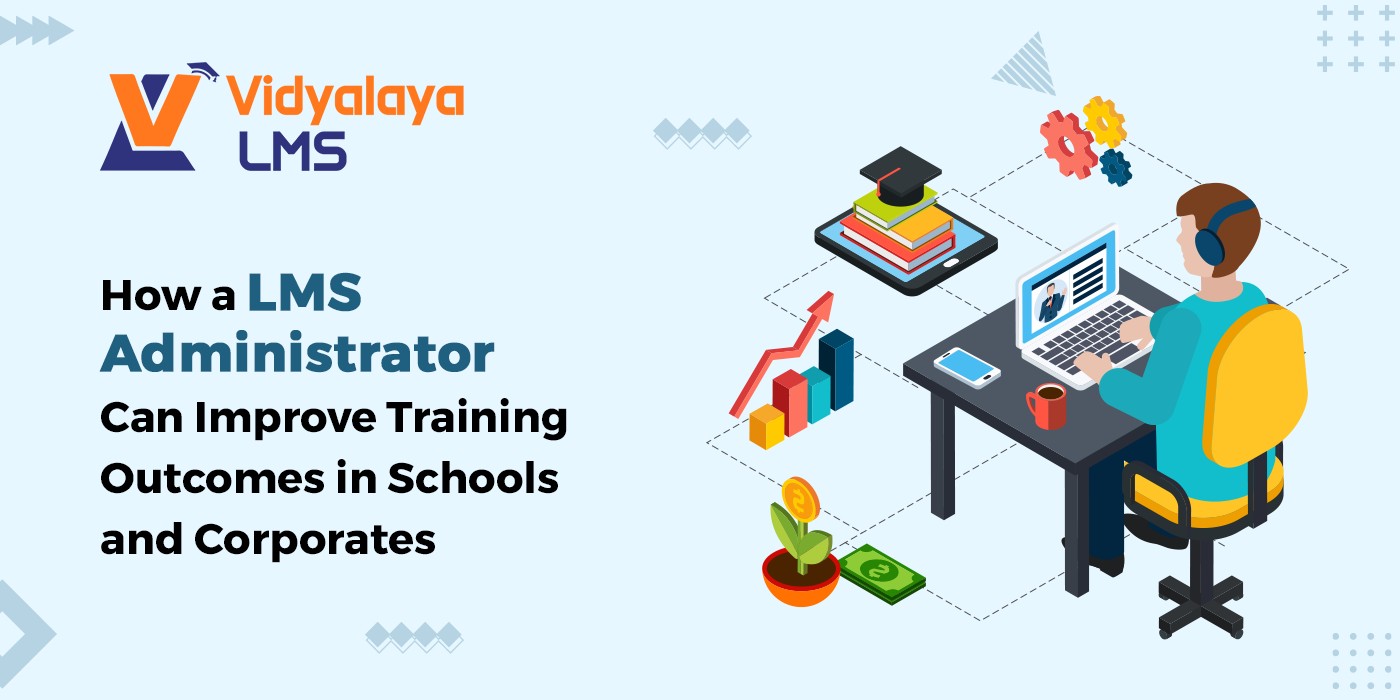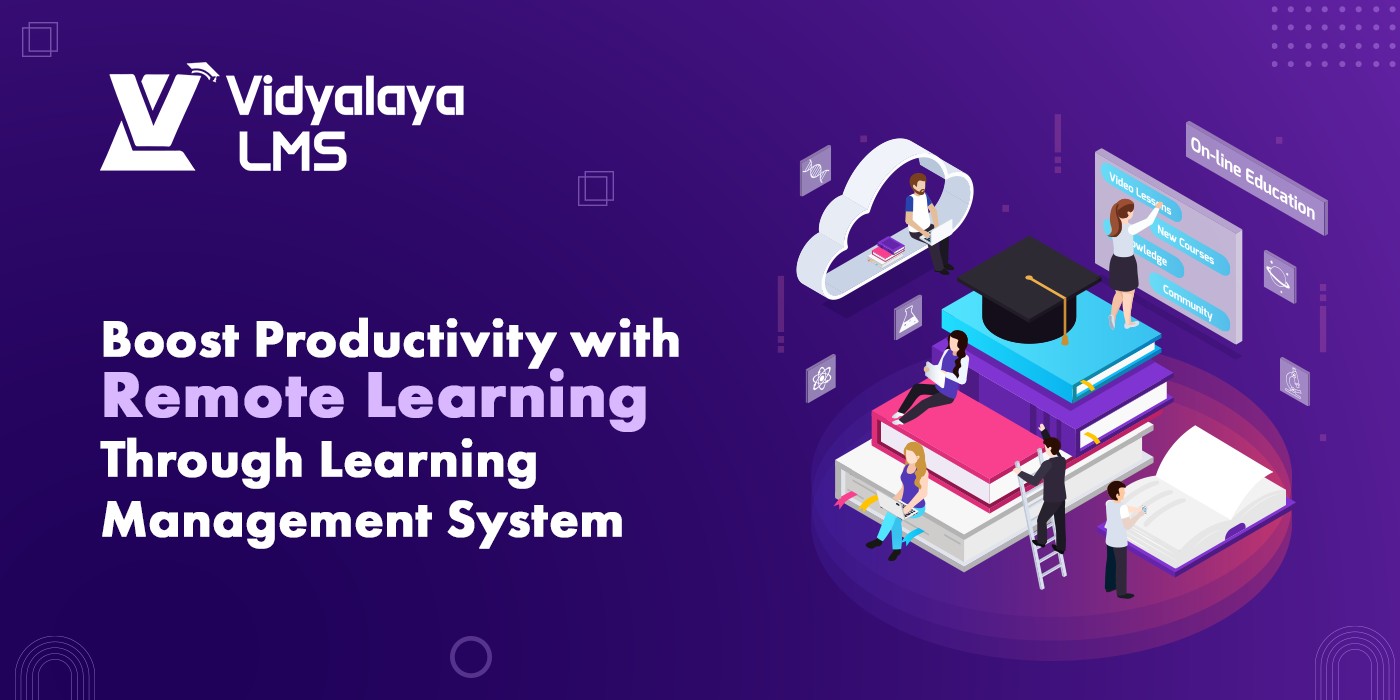As digital learning becomes more popular, educational institutions and corporate organizations are starting to explore new LMS platforms to simplify training and learning. However, the true effectiveness of any Learning Management System in the educational or corporate space will boil down to the effectiveness of its management, and this is where a trained and strategically thought-out LMS Administrator makes a world of difference.
This applies to Learning Management Systems in the educational field, as well as corporate training software. A qualified LMS Administrator is instrumental in actualizing an impactful learning experience. The LMS Administrator is considered the backbone of a successful e-learning environment, whether it be a seamless digital classroom or fostering skill development. As schools and companies recognize the value of digital learning solutions, the need for a professional LMS Administrator has emerged rapidly. Their expertise not only creates efficiency but also improves learning outcomes, engagement, and performance.
In this blog, you will learn more about the significance of a Learning Management System in Education and why they matter, as well as how they positively impact learning through schools and corporations.
Why Learning Management System Administrator Matters?
With digital learning now commonplace, effective learning delivery needs to be high-quality and frictionless. Schools utilize Learning Management Software for Schools to create interactive digital classrooms, while organizations use Learning Management Systems for Employees to help build the teams of the future.
If an LMS doesn’t have LMS Administrators who are skilled:
- Teachers struggle when using technology
- Employees wait longer to access training
- Content delivery may be a mess
- Reporting and analytics are limited
With a good administrator, that LMS can be an engine of learning excellence.
What is an LMS Administrator?
The Learning Management System Administrator is responsible for configuration, content upload, user support, training coordination, assessment management, reporting, and troubleshooting the Learning Management System in an organization.
In short, they oversee the daily operation of the LMS, ensuring it functions effectively for engaged teaching and learning.
Role of LMS Administrator in Schools:
A skilled LMS Administrator plays a vital role in enhancing digital learning in educational institutions using a Learning Management System for Schools. Their responsibilities include:
- Setting up courses, subjects, and content
- Supporting teachers in online lesson delivery
- Managing student enrolment and access
- Ensuring smooth live classes, assessments, and grading
- Monitoring performance and generating academic reports
- Training teaching staff on new LMS features
Outcome for schools:
- Improved student engagement
- Streamlined academic operations
- Better collaboration between teachers and students
- Data-driven academic decisions
Role of LMS Administrator in Corporates:
In corporate environments, LMS Administrators manage Corporate Training Software and digital learning programs. Their responsibilities include:
- Managing onboarding and compliance training
- Scheduling employee training programs
- Tracking employee progress and certifications
- Providing technical support for training modules
- Running training reports and presenting learning analytics
- Ensuring learning content is updated and relevant
Outcome for corporates:
- Faster employee skill development
- Higher training effectiveness
- Better business productivity and performance
- Continuous learning culture in the workplace
Bridging Education and Corporate Learning:
The main tasks of an LMS Administrator may differ from school to school or from one organization to the next; however, improving learning outcomes is still the goal. Whether the LMS is in an educational context or in a corporate training context, an LMS Administrator brings structure, efficiency, and data to the table.
LMS Administrators can customize dashboards, automate reports, and troubleshoot user questions to guarantee both students and employees have a smooth and seamless learning experience. Furthermore, LMS Administrators also train courses for teachers, trainers, and staff on how to use the LMS platform effectively — expanding the overall influence of digital learning.
Where Technology Meets Effective Learning:
An effectively managed LMS Software improves efficiency—not just in operational processes, but also through its positive impact on the learning culture in organizations. In schools, for example, a well-managed LMS promotes curiosity and self-directed learning. For corporate learning, well-managed LMSs foster a sense of confidence, accountability and continuously support professional learning.
As organizations and institutions adopt digital learning, the Learning Management System Administrator will remain a critical component in the adoption of learning management systems, ensuring that these systems enhance learning in ways that are individually or organizationally transformative.
Conclusion:
Whether in schools or corporates, the role of an LMS Administrator is the driving force behind effective, engaging, and outcome-driven learning. However, even the most skilled administrator needs a powerful and reliable Learning Management System to make an impact. At Vidyalaya LMS, we empower administrators, educators, and trainers with a comprehensive and intuitive platform designed to simplify management, enhance learner engagement, and deliver measurable results. From smooth onboarding and real-time analytics to personalized learning paths, Vidyalaya LMS ensures that every training initiative—academic or corporate—translates into tangible performance improvements.
If your institution or organization is looking to elevate training outcomes, streamline administration, and build a future-ready learning culture, it’s time to partner with Vidyalaya LMS. Get in touch today to schedule a free demo and see how Vidyalaya LMS can transform your learning ecosystem.



























